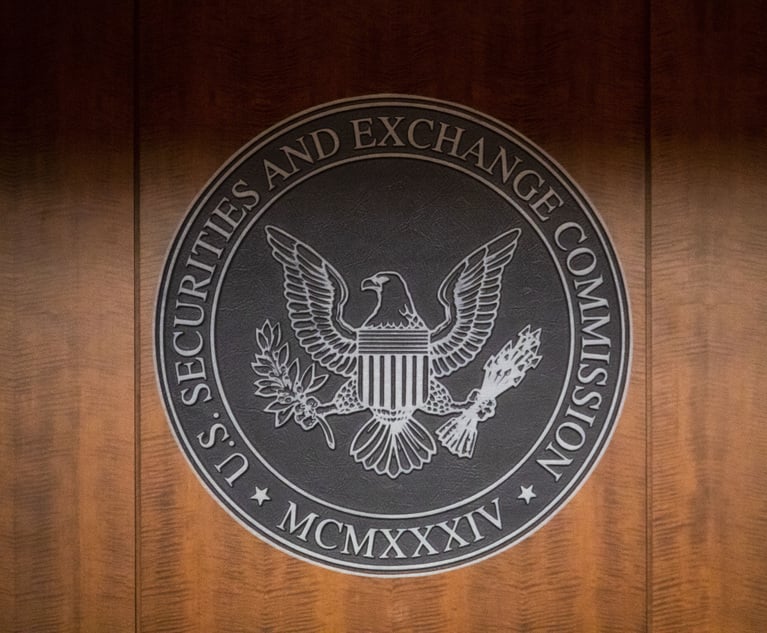The financial industry is finding that winning in Washington comes at a cost.
Wall Street lobbied aggressively and succeeded late last year in persuading lawmakers to roll back rules for the US$700 trillion derivatives market. Instead of generating momentum for further changes to the Dodd-Frank Act, the victory sparked a populist uprising among Democrats that's had wide-ranging consequences, including stymieing less controversial requests from regional banks like Capital One Financial Corp.
"A short while ago there was bipartisan agreement on a number of common-sense improvements," said Rob Nichols, president of the Financial Services Forum that represents the chief executives of Wall Street's biggest banks. "Unfortunately, that bipartisan agreement is gone."
Complete your profile to continue reading and get FREE access to Treasury & Risk, part of your ALM digital membership.
Your access to unlimited Treasury & Risk content isn’t changing.
Once you are an ALM digital member, you’ll receive:
- Critical Treasury & Risk information including in-depth analysis of treasury and finance best practices, case studies with corporate innovators, informative newsletters, educational webcasts and videos, and resources from industry leaders.
- Exclusive discounts on ALM and Treasury & Risk events.
- Access to other award-winning ALM websites including PropertyCasualty360.com and Law.com.
*May exclude premium content
Already have an account? Sign In
© 2024 ALM Global, LLC, All Rights Reserved. Request academic re-use from www.copyright.com. All other uses, submit a request to [email protected]. For more information visit Asset & Logo Licensing.







